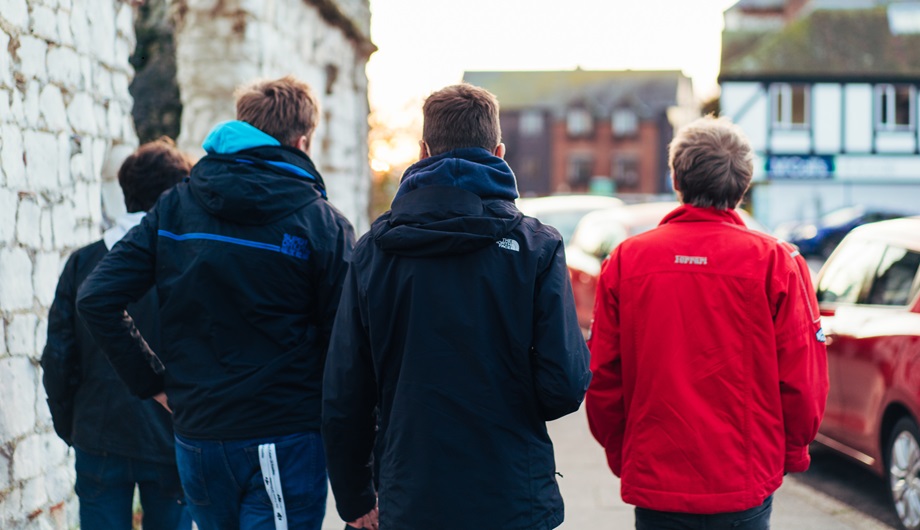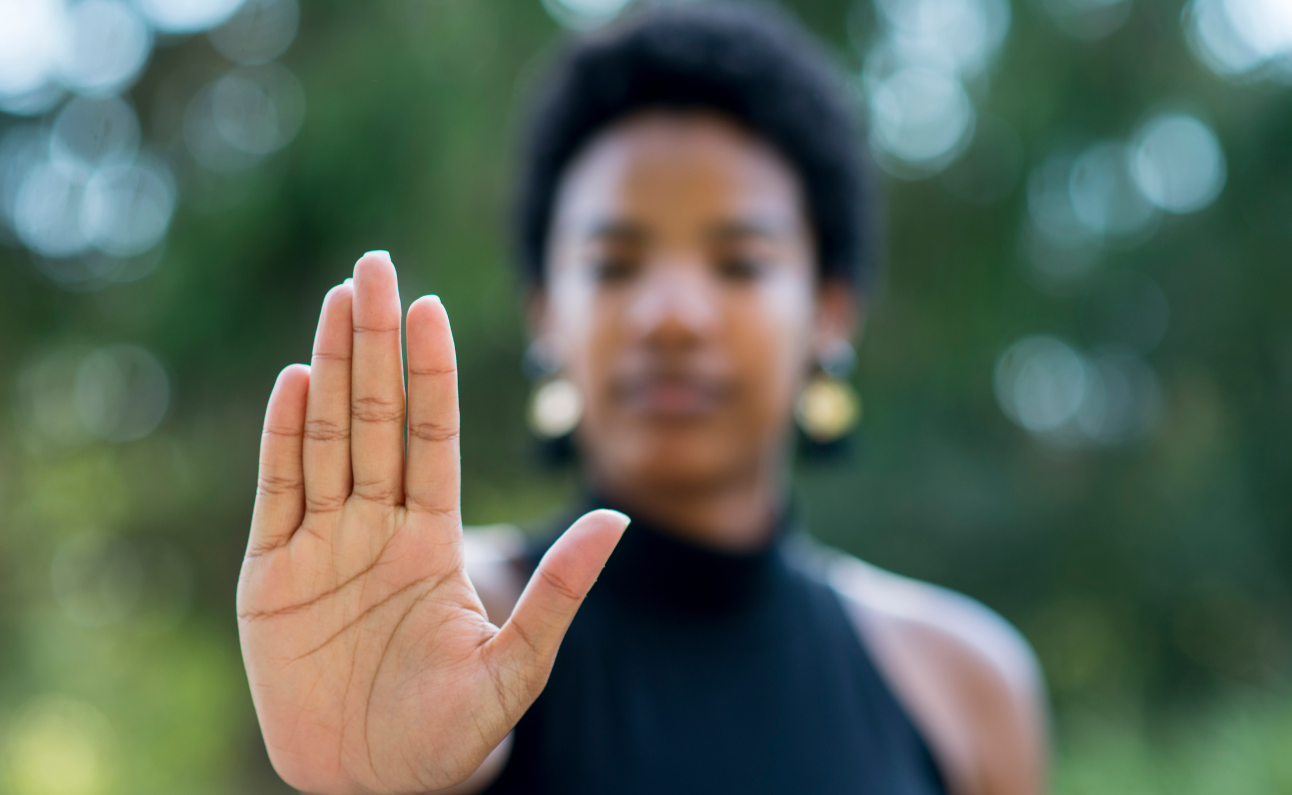
250 girls born today in the UK today will grow up to have an abusive partner
As we celebrate International Day of the Girl, domestic abuse charity SafeLives calls for a radical rethink in the response, stopping abuse before it starts rather than waiting for harm to happen.
National domestic abuse charity, SafeLives, is calling for greater urgency in stopping abuse before it starts. Of all the babies born in the UK today – and every day – around 250 of the girls will go on to have an abusive relationship in later life, unless changes are made. In total, we know 1.5 million girls and 700,000 boys (0-15 years olds) in the UK today will grow up to have an abusive partner at some point in their adult life.
Chief Executive of SafeLives, Suzanne Jacob OBEThe current response plays a waiting game. It is unacceptable that we know so many millions of children will experience abuse as adults or are already experiencing it at home, and yet we do nothing. We wait for these children to become adults, to form abusive relationships, for those relationships to become dangerous and seriously harmful - and then we try to help. We want to stop it happening in the first place. We do not believe domestic abuse is inevitable.
SafeLives launches its new strategy today, The Whole Picture, which calls on every individual and agency to act before harm is caused. One recommendation is that Government creates its first ever national strategy on boys at risk of causing harm to those around them or to themselves.
We urge the Government to look at how we respond to boys who may be showing signs of becoming abusive. Behaviour is much harder to change once it’s become embedded. To prevent future victims, we need much greater investment in stopping abusive behaviour in the first place. We have to be honest about the uncomfortable truth that many boys and young men close to us may become abusive, and we have to do something about that – for everyone’s sake.
To reduce domestic abuse, the charity is calling on a much wider understanding of the causes and consequences of abuse.
We need to stop treating people as a set of issues to be fixed and instead respond to the whole person. For example, we know girls living with abuse are more likely to experience eating disorders and mental health concerns, this cannot be responded to separately. We have to place the whole person at the centre of our response, responding to their whole experience and context at the same time.
We still think that domestic abuse happens to someone else; as if ignoring it will make it go away. When we know there are so many girls and boys at risk - we must ask - who has the power to help them, and help them at the earliest stage? It means we need to re-examine the role of health visitors, nurseries, schools, GPs and the solicitors, social workers, employers and businesses involved in the lives of their parents. Because we still talk so little about what goes on behind closed doors, we’re leaving children at risk and accepting as inevitable what will happen to them as they in turn become adults. That’s an extreme form of defeatism.
The charity says a change of approach means more people need to play their part. SafeLives say that specialist domestic abuse services are vital, but they can’t do all this alone. Though they often have incredible skill in working with both children and adults in abusive situations, their ability to do any meaningful work with children is severely constrained by threadbare, short-term resourcing.
Things can be so different. Domestic abuse is not acceptable and it’s not inevitable. We can make sure every girl and boy can live the life they want, free from abuse. We look forward to working with thousands of others across the UK to create the change we need.
Read the report
Every year, over two million people in the UK experience domestic abuse. Not one of them should have to wait until they’re in crisis before we pay attention.
You may also be interested in


Men and boys

